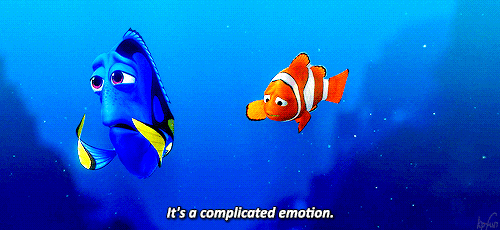A good social media rule of thumb is that the longer an Instagram caption is, the more uncomfortable the post will be. But now researchers have attached a term to such verbose cries for help: “sad-fishing.”
Unlike catfishing (posing as someone else online) or bad-fishing (posing as a fan of the ska-reggae group Sublime), sad-fishing occurs when “someone uses their emotional problems to hook an audience on the internet,” journalist Rebecca Reid wrote back in 2019 when she originally coined the phrase. Or as the researchers behind a recent study on the phenomenon put it, sad-fishing is “a tendency of social media users to publish exaggerations of their emotional states to generate sympathy.”
To reach their conclusion, the researchers recruited 347 college students via Twitter, Facebook and Instagram. Through surveys about the students’ online behavior — particularly if they ever felt the urge to embellish personal or health problems — participants were divided into sad-fisher and non-sad-fisher groups. From there, both groups completed additional questionnaires about how much social support they had, how much online support they received and their individual attachment style.

Interestingly, the data revealed that sad-fishers received the same amount of social support as those who didn’t overshare, meaning they weren’t sad-fishing due to a lack of family or friends who cared about them. However, sad-fishers were more prone to having anxious attachment styles, meaning they craved more sympathy and empathy than the average (non-sad-fishing) duck. And because more anxious individuals often need more attention than those who are more secure, they might start to seek out that attention in unhealthy ways — a la a Twitter meltdown.

So if you’re uncomfortable with your friend sad-fishing, that’s probably because it feels like you’re being tricked into giving their situation more time and energy than you would ask for if the roles were reversed. “It follows that if an individual reports a more anxious attachment style, they may also be more likely to report a greater tendency to manipulate others in their quest to form a relationship or bond,” the researchers explained.
Which, fish or no fish, is just plain sad for everyone involved.

